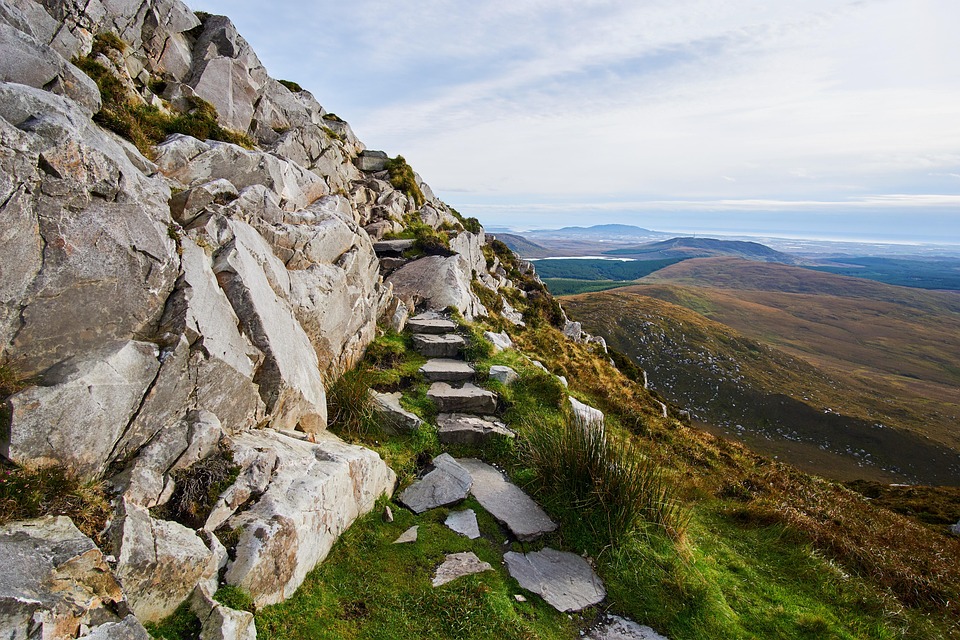
The Unique Culture and Traditions of the Republic of Ireland
Ireland, also known as the Republic of Ireland, is a country with a rich and unique culture that is deeply rooted in its history and traditions. From its vibrant music and dance to its ancient folklore and mythology, Ireland is a country that has a lot to offer to visitors looking to experience something truly special.
Folklore and Mythology
One of the most fascinating aspects of Irish culture is its folklore and mythology. Ireland has a long and rich tradition of storytelling, and many of its traditional stories and legends have been passed down through generations. The most famous of these is perhaps the story of the leprechaun, a mischievous fairy who is said to bring good luck to those who catch him.
Other popular figures from Irish mythology include the banshee, a female spirit who is said to wail when someone is about to die, and the selkie, a mythical seal creature that can take on human form. These stories help to shape the cultural identity of Ireland and are a reflection of the country’s deep connection to its past.
Music and Dance
Another key element of Irish culture is its music and dance. Traditional Irish music is known for its lively and upbeat sound, often featuring instruments such as the fiddle, tin whistle, and bodhrán. One of the most famous forms of Irish music is the jigs and reels, energetic dances that are often performed in pubs and at festivals.
Irish dance is also a popular tradition, with the most famous form being Irish step dancing. This style of dance is characterized by its quick footwork and rigid upper body, and is often performed by dancers wearing elaborate costumes. The most famous example of Irish step dancing is the Riverdance, a show that became a worldwide sensation in the 1990s.
St. Patrick’s Day
One of the most widely recognized Irish traditions is St. Patrick’s Day, a holiday that celebrates the patron saint of Ireland. St. Patrick’s Day is celebrated on March 17th and is marked by parades, festivals, and the wearing of green clothing. In Ireland, the day is also a religious holiday, with many attending church services to honor St. Patrick.
In addition to its religious significance, St. Patrick’s Day is also a time for celebration and merriment. Cities around the world hold parades and festivals in honor of the holiday, with events such as the dyeing of the Chicago River green and the New York City St. Patrick’s Day Parade becoming iconic symbols of Irish culture.
Cuisine
Irish cuisine is another important aspect of the country’s culture, with traditional dishes such as Irish stew, boxty, and soda bread being popular staples. Potatoes are a key ingredient in many Irish dishes, owing to their importance in Irish history and culture.
One of the most famous Irish dishes is corned beef and cabbage, a hearty meal that is often associated with St. Patrick’s Day. Other popular foods include seafood, particularly salmon and oysters, as well as traditional desserts like soda bread and apple pie.
Language
The Irish language, known as Gaelic or Gaeilge, is an important part of Irish culture and heritage. While English is the dominant language spoken in Ireland today, Gaelic is still used in certain regions and is considered a key element of Irish identity.
Gaelic is taught in schools throughout Ireland and is also used in the country’s official documents and signage. Many Irish people take pride in their ability to speak the language and see it as a way to connect with their country’s history and traditions.
Conclusion
In conclusion, the Republic of Ireland is a country with a rich and unique culture that is deeply rooted in its history and traditions. From its folklore and mythology to its music and dance, Ireland has a lot to offer visitors looking to experience something truly special. Whether you are interested in learning about the country’s ancient stories or sampling its delicious cuisine, Ireland is a destination that is sure to leave a lasting impression. So why not plan a trip to the Emerald Isle and experience the magic of Irish culture for yourself?
Leave a Comment